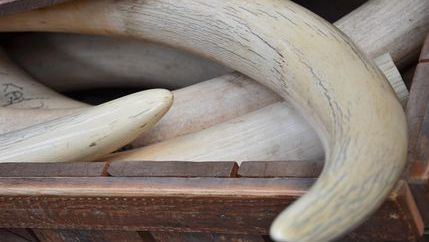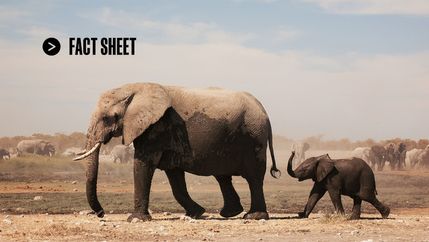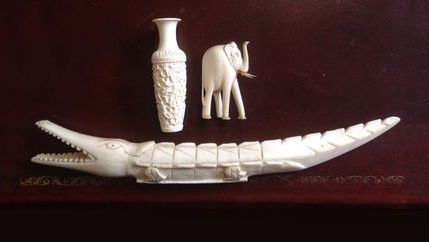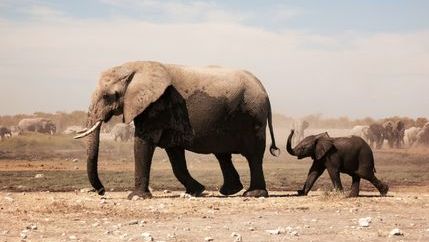Ivory Act 2018
The Ivory act covers ivory items of all ages, not just those produced after a certain date. By covering ivory items of all ages and adopting narrow exemptions, the UK’s ban will be one of the toughest in the world. The maximum penalty for breaching the ban will be an unlimited fine or up to five years in jail.
The exemptions include:
- Items made before 3 March 1947 which comprise of less than ten per cent ivory by volume. The ivory must be integral to the item as a whole, i.e. removing it would be difficult or damage the item.
- Musical instruments with less than 20 per cent ivory content which were made prior to 1975. This is when Asian elephants were added to the Convention on International Trade in Endangered Species of Wild Fauna and Flora (CITES).
- Portrait miniatures painted on thin slivers of ivory made before 1918 with a surface area of no more than 320cm2.
- Rarest and most important items of artistic, cultural or historic significance made prior to 1918. 'Such items will be subject to the advice of specialists at institutions such as the UK’s most prestigious museums'.
- Commercial activities to, and between, museums which are accredited by the Arts Council England, Welsh Government, Museums and Galleries Scotland or the Northern Ireland Museums Council. Museums outside the UK must be accredited by the International Council of Museums.
Extension to the Act
In addition to ivory from elephants, from 28 January 2025, the Ivory Act 2018 (Meaning of "Ivory" and Miscellaneous Amendments) Regulations 2025 extends the Act to include ivory from the common hippopotamus, killer whale, narwhal, and sperm whale.
Extended Ivory Act regulations will take effect on 28 January 2025
Trading in ivory from the common hippopotamus, killer whale, narwhal and sperm whale will now be banned under The Ivory Act 2018 (Meaning of “Ivory” and Miscellaneous Amendments) Regulations 2025. The new legislation was originally laid in parliament in May 2023, under the previous UK Government, but implementation has been delayed due to a lack of parliamentary time.
Representing members
In October 2017, the Department for Environment, Food & Rural Affairs (Defra) opened a consultation seeking views on banning UK sales of Ivory and evidence of the effect a change could have. There were more than 70,000 responses to the consultation, with over 88 per cent of responses in favour of the ban.
Consultation on banning UK sales of ivory
In our response, to the Department for Environment, Food and Rural Affairs consultation on Banning UK Sales of Ivory, we outlined that the Government should focus on enforcing and closing any loopholes in the current legislation instead of a total ban on ivory.
Related news
Extended Ivory Act regulations will take effect on 28 January 2025
Trading in ivory from the common hippopotamus, killer whale, narwhal and sperm whale will now be banned under The Ivory Act 2018 (Meaning of “Ivory” and Miscellaneous Amendments) Regulations 2025. The new legislation was originally laid in parliament in May 2023, under the previous UK Government, but implementation has been delayed due to a lack of parliamentary time.
Five new species to be protected under Ivory Act extension
Hippopotamus, walrus, narwhal, killer whale (orca) and sperm whale will receive greater legal protections under the UK’s world-leading ban on importing, exporting and dealing in items containing ivory.
Ivory Act comes into force
The near-total ban on the import, export and dealing of items containing elephant ivory comes into force today, 6 June 2022, which puts the UK at the forefront of global conservation efforts.
Image attribution: " Mary Creagh ©House of Commons" used under CC BY 3.0 / Cropped from original







